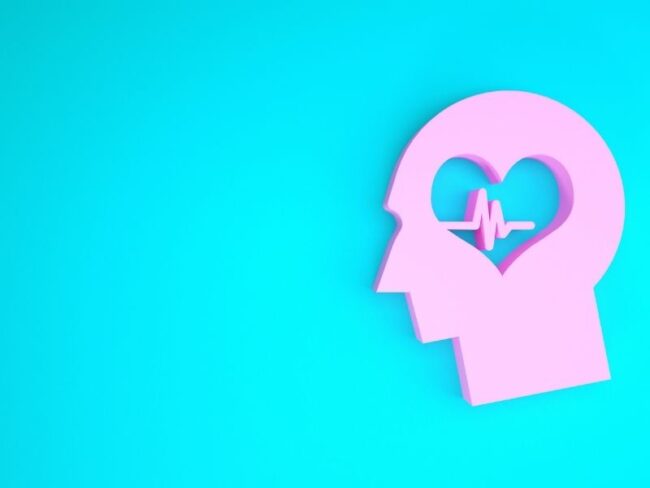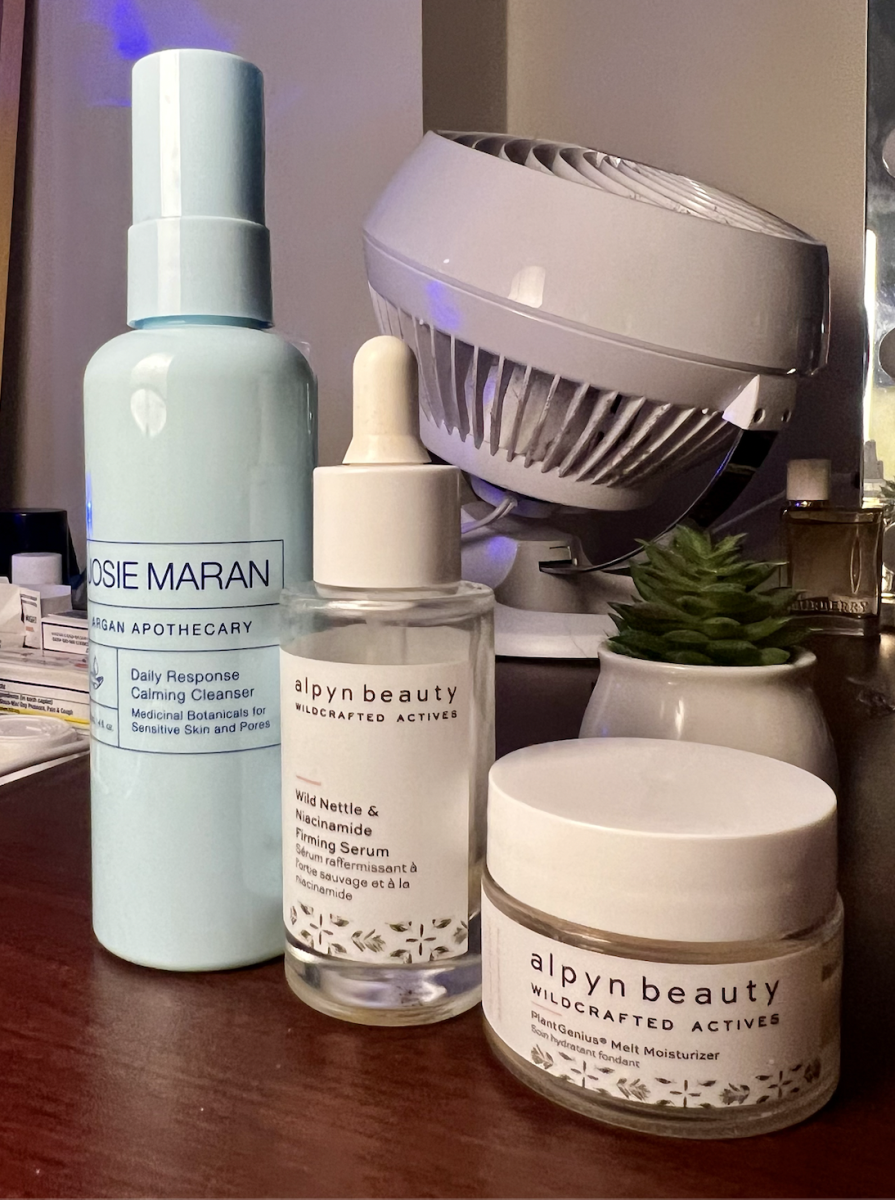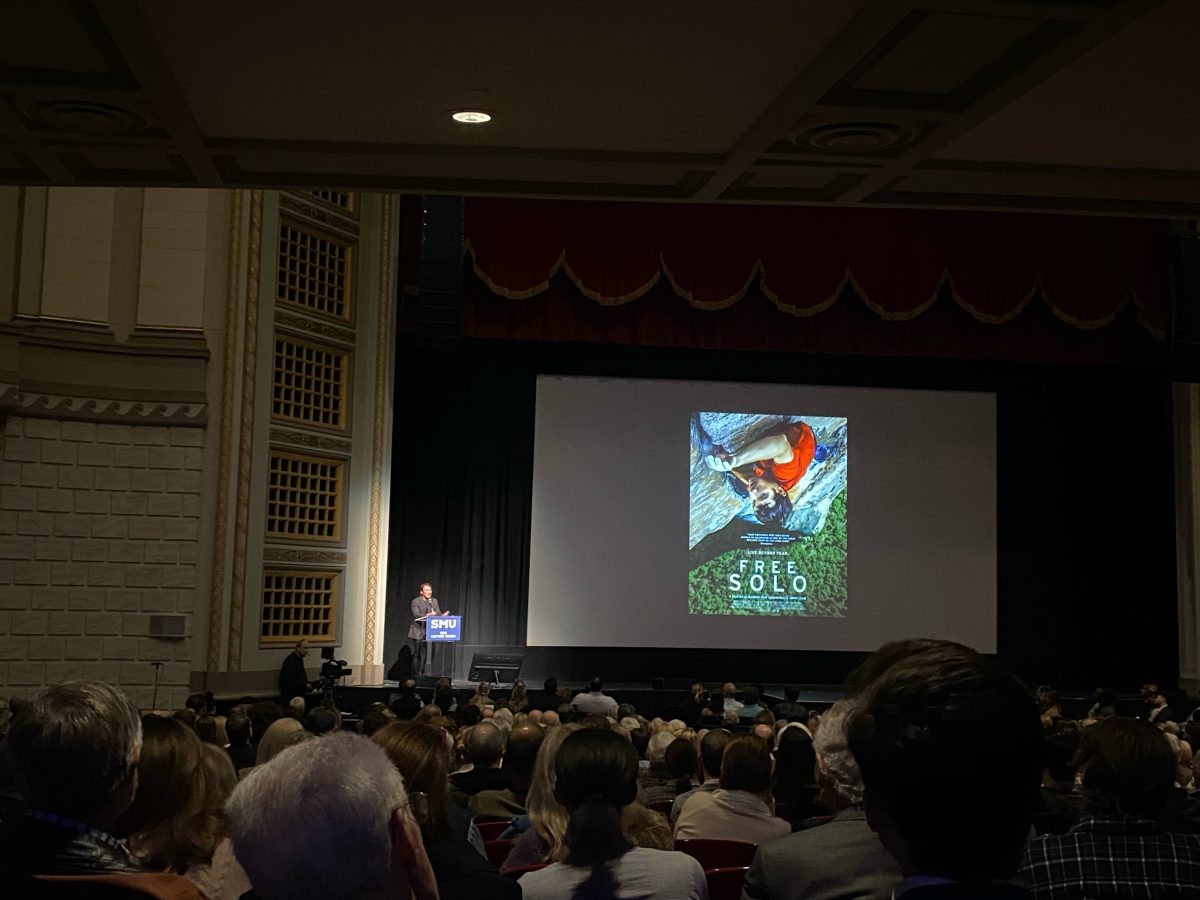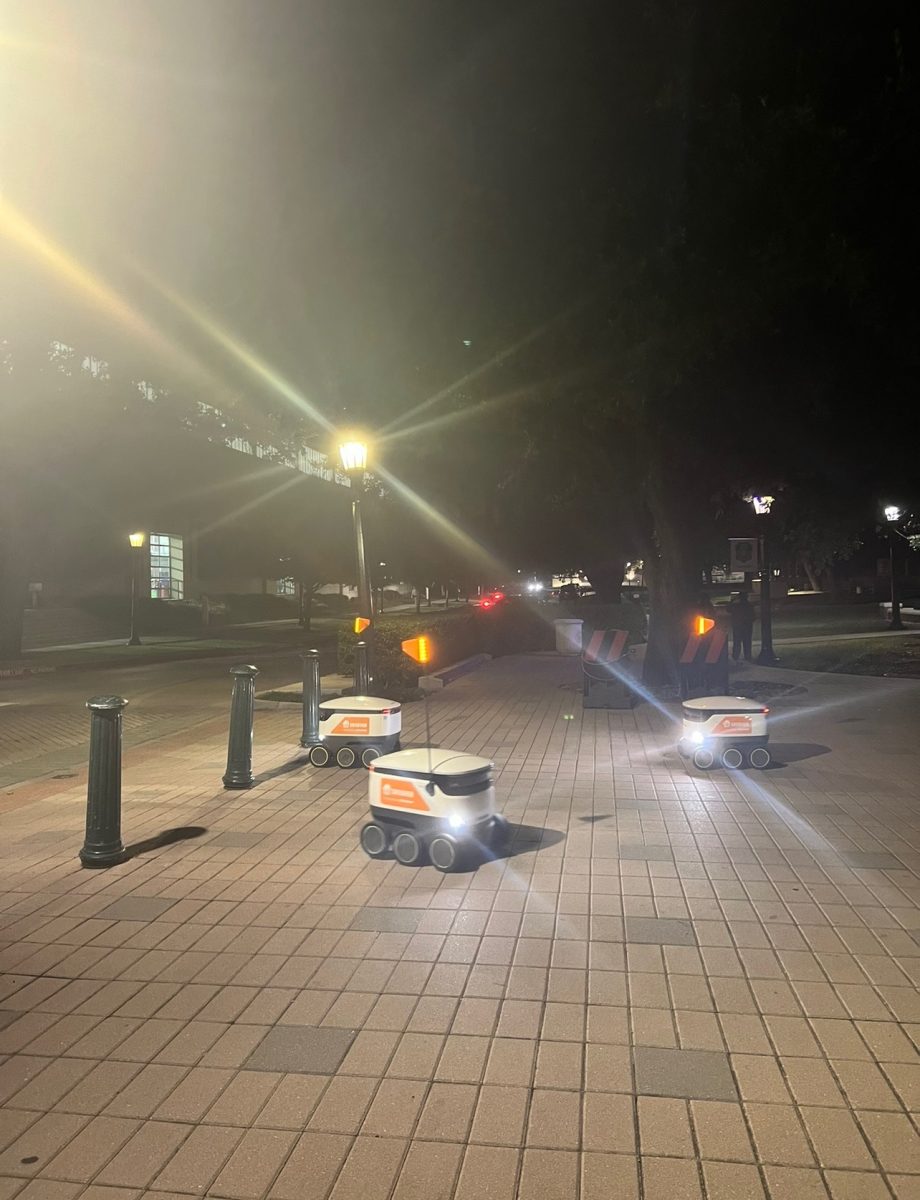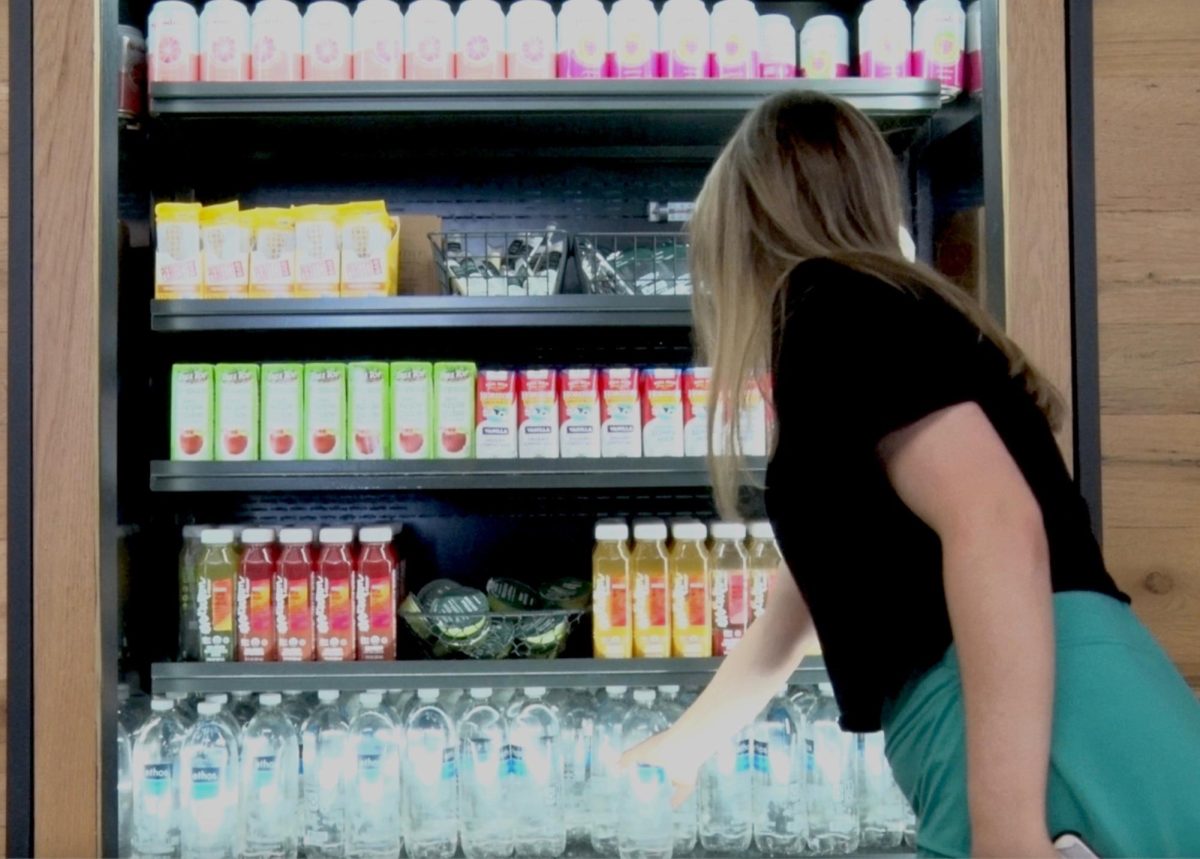CONTENT WARNING AND EDITOR’S NOTE: This piece talks about self-harm and suicidal ideation. Due to the sensitive nature of the work, The Daily Campus has published this guest essay anonymously.
I don’t want to write an after-the-fact reflection. I want to tell you the truth now, while I’m not in my right mind. The truth is, I’m an SMU student experiencing self-harm and suicidality.
I would argue that my friends didn’t know – I hid it well. But as I traveled from campus to my Dallas apartment, I would eye the highway median with dangerous thoughts. Would you believe that I serenaded passengers from the same driver’s seat?
When I returned home, I greeted self-harm like an abusive roommate. At first, I threatened it with eviction; as time wore on, I realized that I needed it to pay rent. We roomed together all summer, and I came to accept my double-life. I worried that I would sooner die than quit.
To be sure, I continued living. I wore colorful pants to cover the scars on my legs. My peers offered compliments, and I accepted them with pride. To my relief, no one asked why I was wearing longs in the summer. I would also ask friends if I should get a semicolon tattoo in solidarity with Project Semicolon, an initiative poised towards suicide and self-harm awareness. A small part of me unfairly hoped that they would hear my subtle cries for help. Another part of me appreciated the irony that the creator of Project Semicolon committed suicide.
One morning, I found myself on the roof of Hillcrest Parking Garage. Now, I’m at an inpatient psychiatric unit. As I parse through this article, I feel unsafe and amused, depressed and delighted. My colorful pants are as essential to my story as the scars on my legs, so I guess the rumors are true: I’m not defined by my lowest moments.
If you identified with this article, even a little bit, please know that school and work are secondary to your safety and well-being. Seeking professional support is critical. I also call on SMU to expand its mental health resources and craft more spaces for our community to grow in emotional intelligence and wellness.
National Suicide Prevention Hotline: 1-800-273-8255
Caring Community Connections Program: https://www.smu.edu/StudentAffairs/officeofthedeanofstudents/StudentSupport/CCCProgram



